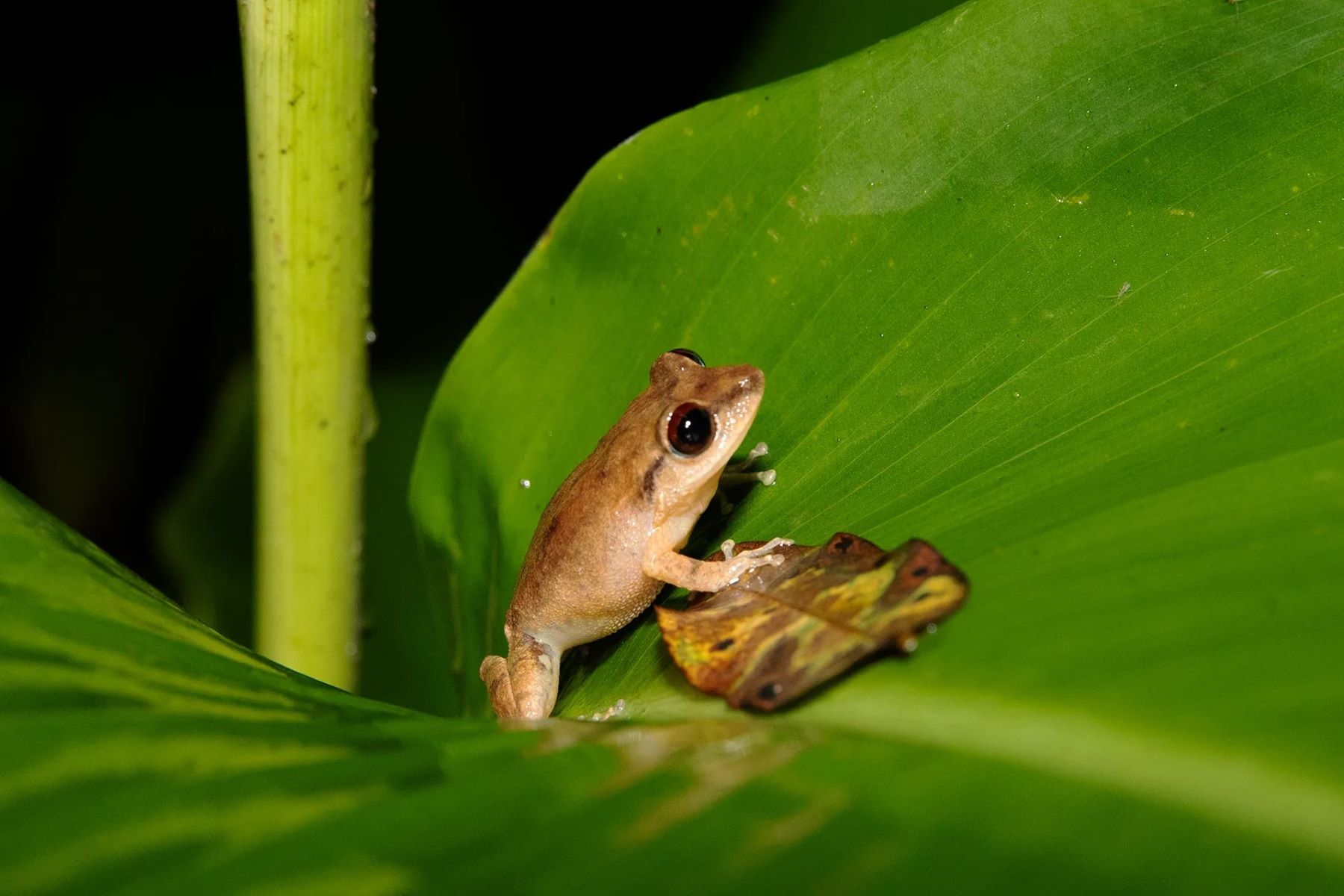Why Is The Coquí Frog The Heartbeat Of Puerto Rico?

Have you ever wondered why the Coquí frog holds such a special place in Puerto Rican culture? This tiny amphibian, no bigger than a quarter, is more than just a common sight on the island. Its distinctive call, which sounds like "ko-kee," echoes through the night, creating a unique soundtrack that locals and visitors alike cherish. The Coquí frog symbolizes Puerto Rico's natural beauty and resilience. From its lush rainforests to bustling cities, the Coquí's presence is a reminder of the island's rich biodiversity. Join us as we explore why this little frog is the true heartbeat of Puerto Rico.
The Coquí Frog: A Symbol of Puerto Rican Culture
The Coquí frog is more than just a tiny amphibian; it’s a symbol deeply rooted in Puerto Rican culture. Its distinctive call, "ko-kee," resonates through the night, creating a unique soundscape that defines the island.
The Unique Call of the Coquí
The Coquí's call is not just noise; it’s a melody that tells a story. This sound has become synonymous with Puerto Rico, making it an essential part of the island's identity.
El Yunque National Forest: This lush rainforest is home to many Coquí frogs. Visitors can hear their calls echoing through the trees, especially after a rain shower.
Old San Juan: Wander through the historic streets at night, and you’ll hear the Coquí's song blending with the sounds of the city, creating a magical atmosphere.
Culebra Island: On this small island, the Coquí's call can be heard clearly, adding to the serene beauty of the beaches and natural landscapes.
The Coquí in Puerto Rican Folklore
The Coquí is not just an animal; it’s a character in many Puerto Rican legends and stories. Its presence in folklore highlights its importance to the island's cultural heritage.
Museo de Arte de Puerto Rico: This museum showcases art that often features the Coquí, reflecting its significance in Puerto Rican folklore and traditions.
Festival de la Novilla: Held in San Sebastián, this festival celebrates Puerto Rican culture, including the Coquí, through music, dance, and storytelling.
Conservation Efforts for the Coquí
Protecting the Coquí is crucial for maintaining Puerto Rico's natural and cultural heritage. Conservation efforts ensure that future generations can continue to enjoy the Coquí's presence.
Para la Naturaleza: This organization works to protect Puerto Rico’s natural habitats, including those of the Coquí, through conservation projects and educational programs.
Caribbean Primate Research Center: Located in Sabana Seca, this center conducts research on the Coquí and other native species, contributing to conservation efforts.
The Coquí in Puerto Rican Art and Music
The Coquí has inspired countless artists and musicians, becoming a muse for creative expression. Its influence can be seen and heard throughout Puerto Rican art and music.
Santurce’s Street Art: The vibrant murals in Santurce often feature the Coquí, showcasing its role as a cultural icon.
Puerto Rican Folk Music: Many traditional songs incorporate the Coquí's call, celebrating its place in the island’s natural and cultural landscape.
Experiencing the Coquí Firsthand
To truly understand why the Coquí is the heartbeat of Puerto Rico, one must experience it firsthand. Listening to its call in its natural habitat is an unforgettable experience.
Guanica State Forest: This dry forest offers a different environment where the Coquí thrives, providing a unique listening experience.
Toro Negro State Forest: Hike through this forest, and you’ll be serenaded by the Coquí, especially as night falls, creating a magical ambiance.
The Coquí's Enduring Legacy
The Coquí frog isn't just a symbol; it's the heartbeat of Puerto Rico. Its nightly song connects locals and visitors to the island's rich culture and natural beauty. This tiny frog represents resilience, pride, and the unique spirit of Puerto Rico. Whether you're exploring lush rainforests or relaxing on a beach, the Coquí's call is a reminder of the island's vibrant life. Protecting these frogs means preserving a vital part of Puerto Rican heritage. Next time you hear that distinctive "ko-kee," remember the deep connection it fosters between the land and its people. The Coquí's legacy will continue to thrive, echoing through the hearts of all who experience its enchanting song.

